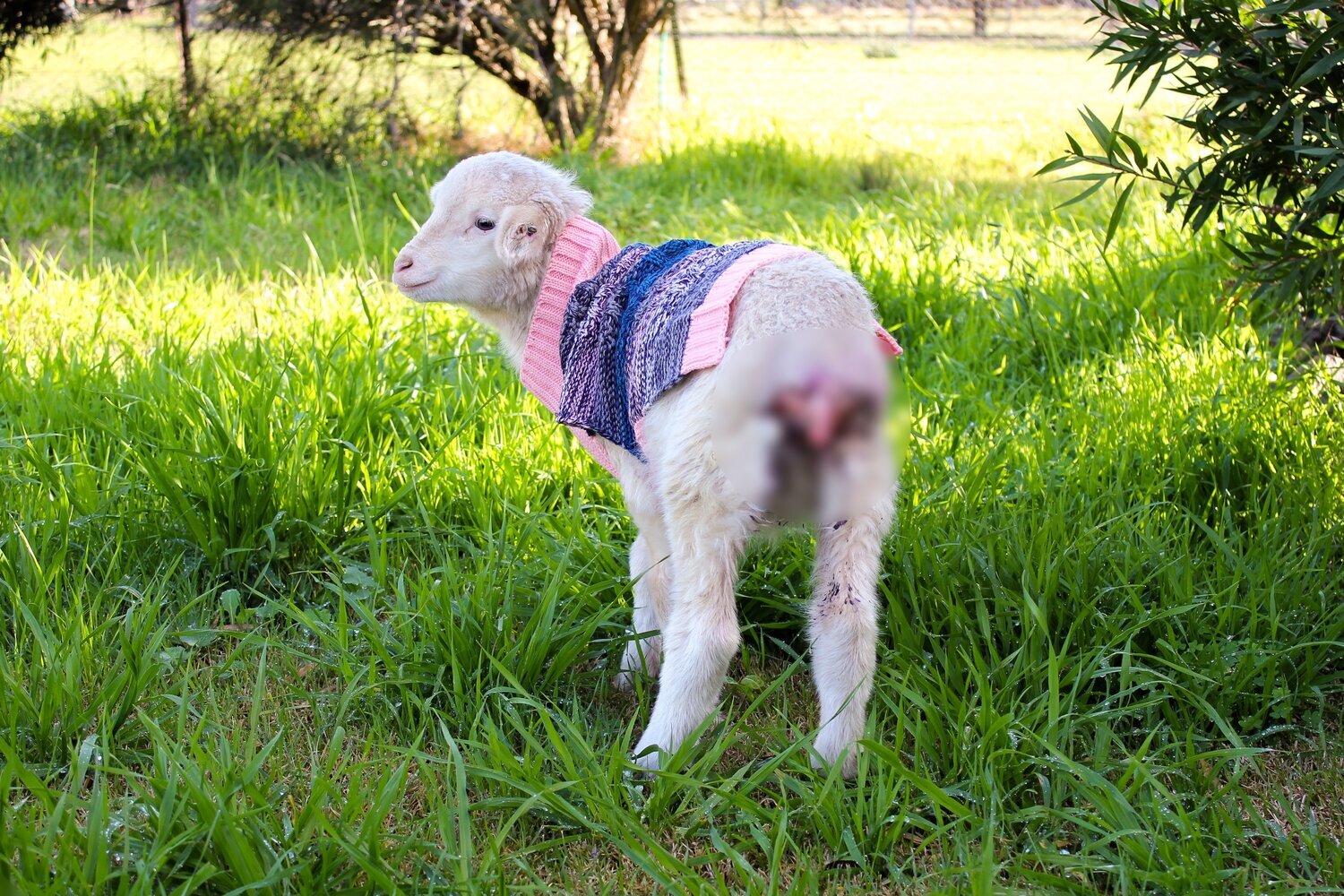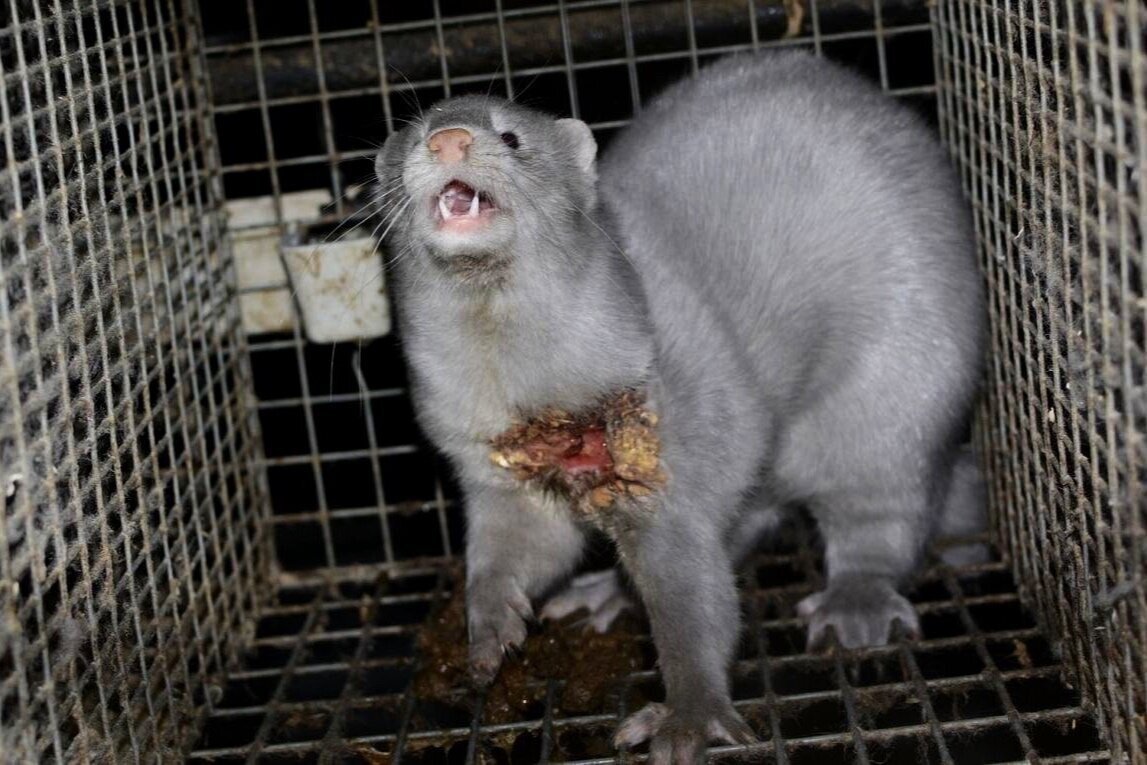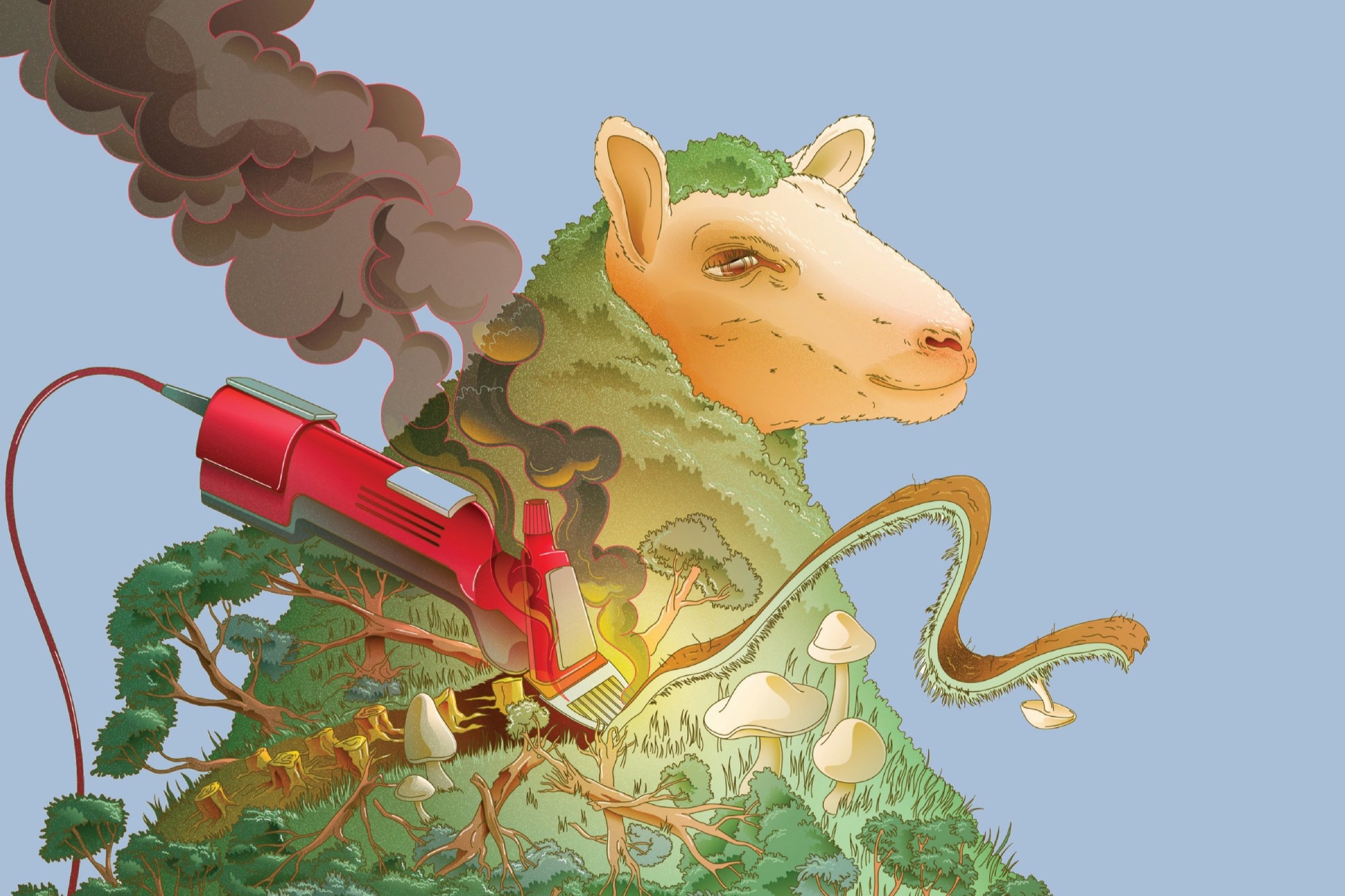Our work
Some of the campaigns, reports, films and other projects from Collective Fashion Justice .
SHIRINGA: a short film
The first from our Total Ethics Fashion Future series, SHIRINGA explores a bio-leather made by an Indigenous Amazonian community, from the sap of trees they help to keep standing.
This is a creative and cinematic look at an innovative solution to animal-derived and synthetic leather.
Fashion, Really?
A podcast for people who love fashion but hate what it does to life on our planet, exploring the month’s fashion industry stories and how they impact us all.
This is a podcast for people in and into fashion, who want to talk about the serious problems and have a bit of fun.
Total Ethics Fashion book
Our founder’s manifesto for a total ethics fashion future, exploring what it means to protect people, our fellow animals and the planet before profit.
The book also launched a manifesto which can be endorsed by citizens, industry members and institutions.
SLAY film
SLAY is a feature documentary film exploring the interwoven harms caused by fashion’s use of fur, leather and wool.
Following investigative filmmaker Rebecca Cappelli, a harrowing story of greenwashing, cover-ups, environmental destruction, unjust treatment of workers, and of cruel animal exploitation unravels.
SLAY asks an important question to the public, and the fashion industry itself:i Is it acceptable to kill animals for fashion?
CFJ is proud to be involved with the SLAY film and campaign.
Under their skin: leather report series
A series of report exploring leather’s impact on people, the planet and animals, as well as what a just transition beyond leather looks like.
This four part report series is supported by a number of organisations including Fashion Act Now, Defend the Wild, Center for Biological Diversity, FOUR PAWS, Material Innovation Initiative and more.
The campaign linked to the report series includes recommendations and overviews for consumers, brands and policy-makers alike.
University engagement
Collective Fashion Justice board members guest lecture at a number of universities, discussing total ethics fashion, and screening films SLAY and Willow and Claude.
We also engage with Swinburne University, where several units include course work which is tied to Collective Fashion Justice and our goal of creating a more holistically just fashion system. This allows students to not only learn about total ethics fashion, but contribute to building such an industry – while receiving credits for their degree.
Mulesing: exposed
Eye-witness footage supplied to CFJ by an industry worker shows the brutal reality of mulesing and painful mutilations young lambs face.
Even with pain relief, sheep are suffering when they are mulesed and tail docked, as expert veterinarian scientists confirm.
This cruelty is legal in leading wool production country, Australia. We’re working with the Animal Justice Party and FOUR PAWS to change that.
Banning fur
Fur will be the first of the animal-derived materials to leave the fashion industry, with many brands, countries and councils already banning its use, production and sale.
With the Animal Justice Party, we are working to ban the sale of fur across Victoria.
With Eurogroup for Animals, we are working to ban fur farming and sales across the continent of Europe.
The use of wild animals in fashion and fashion week events
Alongside World Animal Protection, CFJ is working to ensure the fashion industry moves away from exploiting wild animals. Wild animal use in the fashion industry is cruel, threatens biodiversity and global health.
Our work includes reporting and engaging with fashion events to secure wild animal protection commitments.
Shear destruction: wool, fashion and the biodiversity crisis
In collaboration with the Center for Biological Diversity, Collective Fashion Justice’s CIRCUMFAUNA project produced a landmark report on the impact of the wool industry on biodiversity across Australia and the United States.
This report features new calculations on wool’s environmental impact, and a path towards a just transition for the industry.
Drop croc
Kindness Project created a campaign with Farm Transparency Project investigative footage, which for the first time, showed citizens the inside of multiple Australian crocodile farms owned by luxury fashion houses like Hermes and Louis Vuitton.
Collective Fashion Justice researched, produced photo and written content pieces for the campaign, and assisted with expert interviews.
Willow and Claude short film
Willow and Claude is a multi-award winning short film and non-profit knitwear project by Collective Fashion Justice, which takes viewers through a totally transparent, ethical and more sustainable Australian fashion supply chain.
Named after two rescued sheep, this knitwear supply chain is plant-based, made of Australian cotton, while the film dives into the ethics of today’s knitwear supply chains and materials.
Testimony and submissions
Legislation can be a powerful tool for the reduction of suffering, and for justice and liberation. It’s for this reason that Collective Fashion Justice writes submissions for government inquiries, as well as testifies in regards to potential new legislation relevant to our mission.
Most notably, CFJ has consulted on and testified in support of ethically and environmentally conscious legislation in NYC.
Total ethics fashion: a primer
Our freely available print and online booklet, ‘total ethics fashion: a primer’, is a great educational tool for those seeking to understand how the fashion industry harms animals; both human and non-human, as well as the planet.
This booklet is free for individuals, and is disseminated through spaces in the education, retail, and non-profit realms. In this way, a wider, more diverse group of people have access to it.
The more you support our work,
the more we can do.
Please consider donating to our registered not-for-profit, so we can continue to work for a total ethics fashion system that values the life and wellbeing of all animals; human and non-human, as well as the planet.














